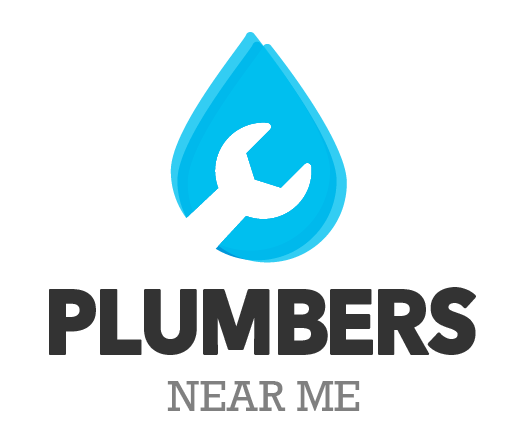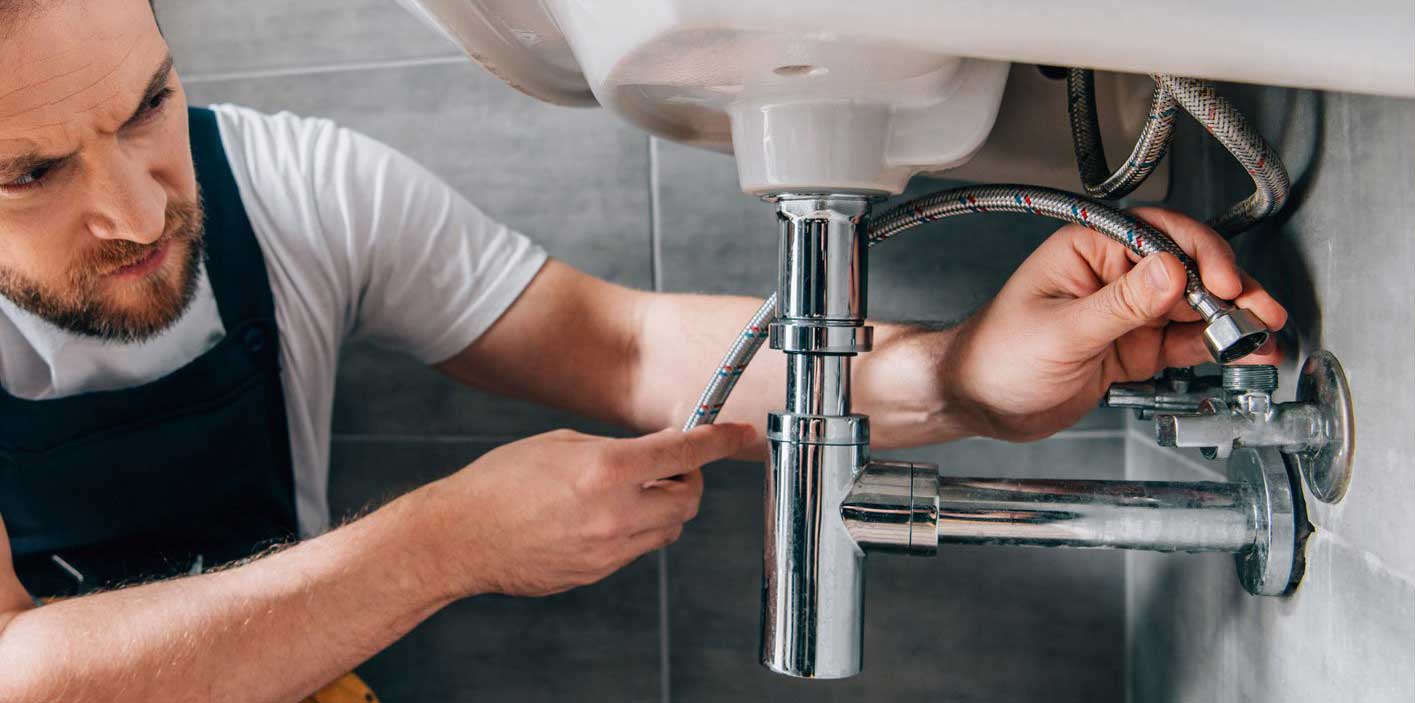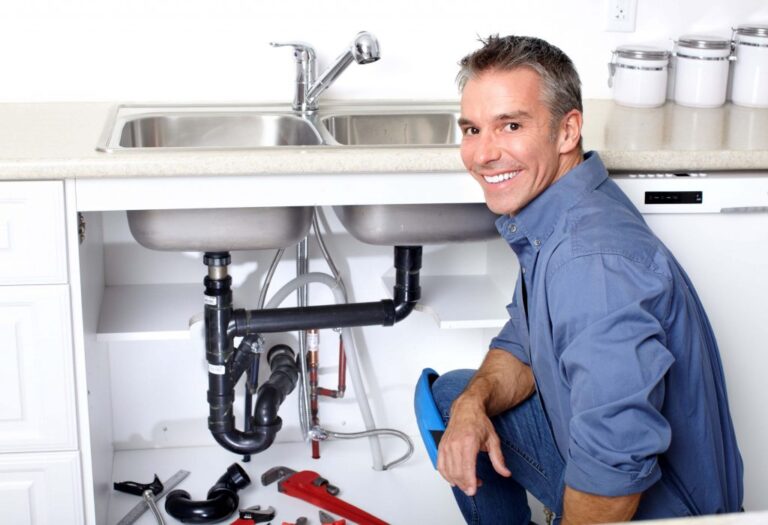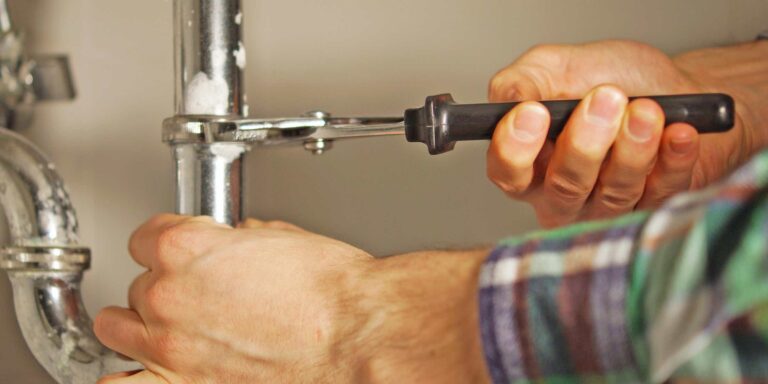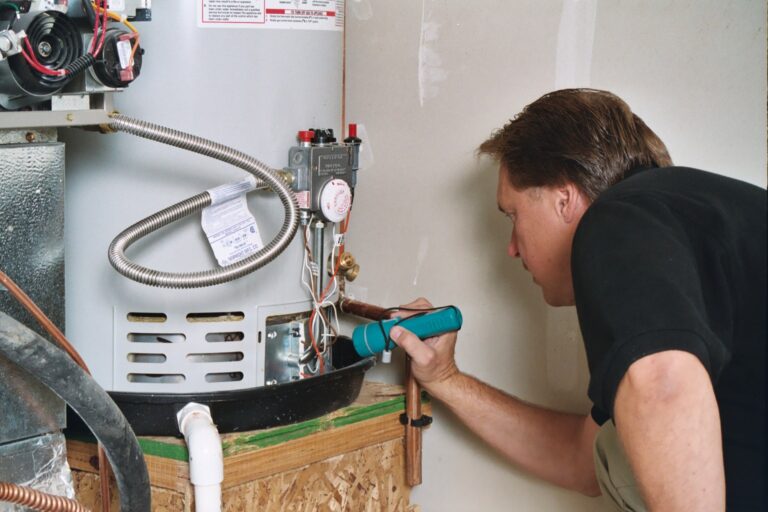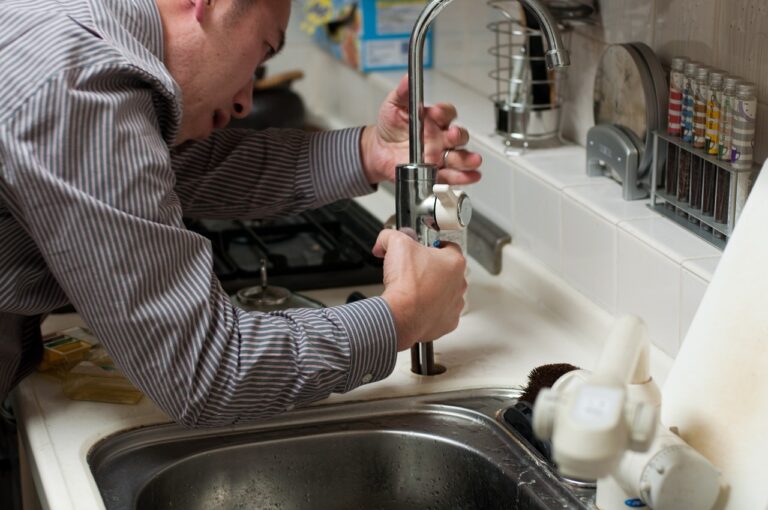When to call a plumber for emergency repairs
If you have a plumbing emergency, you should call a plumber immediately. Some common plumbing emergencies include: -A clogged toilet -A burst pipe -A drain that is backing up -A leaky faucet -A water heater that has stopped working If you are unsure if you have a plumbing emergency, you can always call a plumber to ask for advice.
When your pipes freeze or leak
It can be very difficult to figure out how to fix the problem. You may need to call a professional, but there are some tips that can help you fix your pipe problems on your own. If your pipes freeze or leak, it can be very difficult to figure out how to fix the problem. You may need to call a professional, but there are some tips that can help you fix your pipe problems on your own. First, try to thaw the pipe bywrapping it in a towel soaked in hot water. If this doesn’t work, you may need to use a hair dryer or heat lamp to thaw the pipe. Once the pipe is thawed, turn on the faucet to see if the water is flowing. If it is, turn off the faucet and remove the towel. If the water isn’t flowing, you may need to call a professional. If your pipes are leaking, you’ll need to turn off the water and then dry the area around the leak. Once the area is dry, apply a patch or wrap the pipe with tape. You may also need to call a professional if the leak is severe.
When your water heater bursts
You must take immediate action Water heaters are one of the most important appliances in your home. They provide hot water for showers, dishwashing, and laundry. But when a water heater bursts, it can cause serious damage to your home. Water heaters typically burst due to one of two reasons: either the tank has rusted through, or the pressure relief valve has failed. If your water heater is more than 10 years old, it’s likely that the tank has rusted through. This is especially true if it’s a steel tank. The pressure relief valve is designed to release pressure if the water in the tank gets too hot. But if the valve fails, the pressure can build up until the tank explodes. If your water heater bursts, you must take immediate action to minimize the damage. First, turn off the power to the heater. Then, turn off the water supply to the heater. Next, drain the tank by opening the drain valve at the bottom of the tank. Finally, call a plumber to repair or replace the water heater. Taking quick action when your water heater bursts can help prevent extensive water damage to your home.
When your toilet overflows
Don’t panic When your toilet overflows, it can be a messy and smelly situation. But there’s no need to panic. Here’s what you need to do to clean it up: 1. Turn off the water to the toilet. This will stop the flow of water into the bowl and help to prevent further flooding. 2. Use a plunger to try and clear the blockage. If this doesn’t work, you may need to use a plumber’s snake or a toilet auger. 3. Once the blockage is cleared, turn on the water and flush the toilet to rinse away any remaining debris. 4. Finally, use a disinfectant cleaner to clean the bowl and seat. This will help to remove any lingering bacteria or germs.
When your sewer line backs up
It’s more than a huge inconvenience—it can pose a serious health hazard for you and your family When it comes to sewage backups, the dangers are twofold. First, the raw sewage itself can contain harmful bacteria and viruses that can cause serious illness. Second, the sewage can quickly lead to the growth of mold, which can cause respiratory problems, among other health issues. That’s why, if you have a sewage backup, it’s important to act quickly to clean it up and protect your health. Here are some tips on how to do that:
• First, if the backup is in your home, you’ll need to evacuate all people and pets. You should also turn off any air conditioners or fans, as they could spread contaminated air throughout your home.
• Next, you’ll need to identify the source of the backup. If it’s due to a clogged sewer line, you’ll need to contact a professional to have the line cleaned or repaired.
• Once the source of the backup has been fixed, you can start the cleanup process. This will involve removing all contaminated materials, such as carpeting, drywall, and insulation. These materials will need to be disposed of properly, so be sure to check with your local waste management company for guidance.
• Once all the contaminated materials have been removed, you’ll need to thoroughly clean and disinfect the area. Be sure to use a disinfectant approved by the EPA for use against bacteria and viruses.
• Finally, you’ll need to take steps to prevent future sewage backups. This will involve regular maintenance of your sewer line, such as having it cleaned or inspected every few years. You should also install a backwater valve in your sewer line, which will help prevent sewage from backing up into your home. Taking these steps will help you protect your health in the event of a sewage backup.
When your sump pump fails
Your sump pump is designed to remove water from your home, but when it fails, you could be facing a serious problem. If your sump pump fails, water could start to accumulate in your basement or crawl space, causing flooding and damage to your home. There are a few things that could cause your sump pump to fail, including a power outage, a clogged intake, or a frozen discharge pipe. If your sump pump fails, you should call a plumber to come and fix the problem. In the meantime, there are a few things you can do to minimize the damage. If you have a battery backup, make sure it is fully charged. You can also try to remove any water that has already accumulated in your basement or crawl space. If you have a wet/dry vacuum, you can use it to remove water from floor drains. If your sump pump fails and you are unable to fix the problem, you should call a professional to install a new one. A new sump pump will help to prevent future flooding and damage to your home.
When your drains become clogged
Clogged drains are a nuisance and can cause major problems if not fixed in a timely manner. There are many things that can cause clogged drains, from hair and soap scum build-up to tree roots and grease. Luckily, there are a few things you can do to clear your drains and keep them flowing freely. If you’re dealing with a slow drain, the first thing you should do is pour a pot of boiling water down the drain. This will help to break up any grease or soap scum that may be causing the problem. If that doesn’t work, you can try using a plunger or a plumber’s snake. If you have a clog that’s further down the drain, you may need to call a plumber. They will be able to use a power auger to clear the blockage. In some cases, the problem may be due to a broken pipe. If this is the case, you will need to call a plumber to fix the problem. Prevention is always the best medicine when it comes to clogged drains. You can help to prevent problems by being careful of what you put down your drains. Avoid pouring grease or food scraps down the drain, and make sure you have a strainer in your sink to catch hair and other debris. Regularly cleaning your drains with a safe cleaner will also help to keep them clear.
